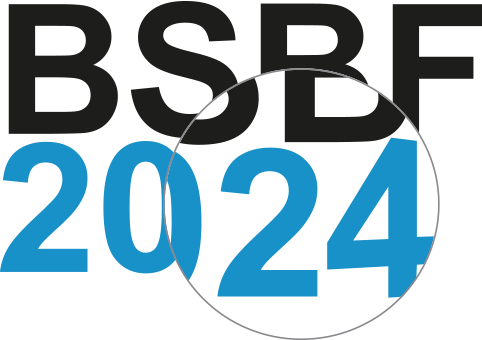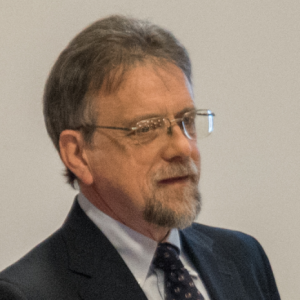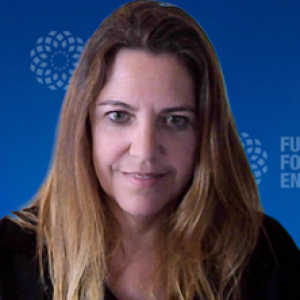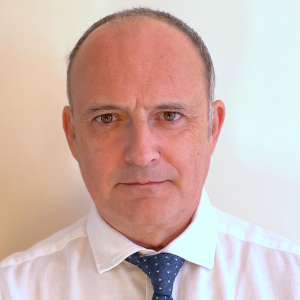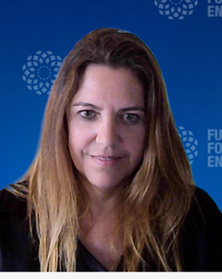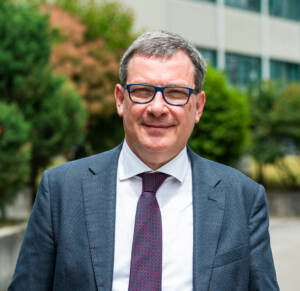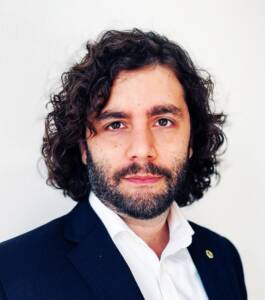PARALLEL SESSION D
D3 Innovative & green procurement and public/private partnership
Thu 3rd Oct 14h00 - 16h20
Hall 28 - Auditorium Generali
Procurement is an essential driver for enabling innovation in Europe and globally. Furthermore, it can accelerate the adoption of green technologies within Big Science organizations (BSOs) and opens up additional areas of ever-growing opportunity. This session will showcase the tools available today to implement and enable innovation and green solutions through procurement, the progress made by BSOs in their use, and discuss the experience and views of the industrial suppliers.
Speakers of the session
Agenda
Mauro Morandin
INFN
INPROCAP
Innovation procurement remains an underused mechanism in the Big Science Organization (BSO) value chain. Recognizing this gap, a new project, INPROCAP, has been funded by the EC to promote innovation procurement in BSOs by developing and offering training and specialist advisory services on innovative procurement dedicated to them and their national Industrial Liaison Officers (ILOs). This presentation will introduce various instruments of innovation procurement, starting with Pre-Commercial Procurement (PCP) and Public Procurement of Innovative solutions (PPI). PCP is a specific approach to procuring R&D services, involving competitive development in phases and risk-benefit sharing. PPI, on the other hand, refers to procurement where contracting authorities act as launch customers for innovative goods or services that are not yet widely available. Beyond these, we’ll examine procedures outlined in the EU directive on public procurement that promote innovation as well as other instruments that can foster innovation even for commercial off-the-shelf products, including preliminary market consultation, value engineering, and functional specifications. By exploring these various instruments tools and procedures, we aim to provide a comprehensive overview of innovative procurement strategies for BSOs and their ILOs.
CIEMAT
IFAST, Innovation Fostering in Accelerator Science and Technology (ASc&T), is one of the three pilot projects funded in the call 2019 INFRAINNOV to promote innovation in consolidated communities. Among the actions promoted in IFAST towards co-innovation with industry, Task 3.3 aimed at identifying how the ASc&T community can improve the effectiveness of industry-research institution collaboration at early stages. In this talk, an overview of the study carried out on this topic is described. The methodology, analysis and outcome are commented. Finally, the implications of this activity in the current and future actions of the ASc&T are outlined. The conclusions obtained provided several topics to address. None of them are simple, nor implementable at a short-range without a strong commitment of the whole community. The ideas collected and discussed in this work with the industry and the research institutions may represent a valuable reference for incoming initiatives, both for specific developments and for wider roadmaps of the accelerator science and technology community. A short description on the actions already initiated after this work along these lines are given as conclusion of this talk.
DESY
LEAPS-INNOV, a Horizon 2020 EU project, focuses on pilot technology developments based on the technology roadmap for the European synchrotron sources and free electron lasers, compiled by LEAPS, the League of European Accelerator-Based Photon Sources (https://leaps-initiative.eu/).
LEAPS-INNOV uses these pilot projects to explore different pathways for joint innovation of LEAPS with industry as early-stage collaborators and suppliers. Procurement actions such as pre-commercial, procurement (PCP) or competitive dialogue have led to a significantly deepened partnership with, industrial suppliers, for example in the fields of optics, detectors and sample environments. At the same time, knowledge and technology transfer measures for the technologies developed at the LEAPS facilities within LEAPS-INNOV are currently explored. Finally, together with a special access program for SME users of the LEAPS light sources, the goal is to build a medium- to long-term perspective on enhanced industry engagement for LEAPS.
Elettra Sincrotrone
Among the methods for assigning companies to develop innovative equipment through public tender procedures, the “partnership for innovation” will be presented. This approach facilitates concrete collaboration between the contracting authority and the company that wins the tender, allowing them to jointly define and refine the equipment to be built, without the typical constraints of public tenders that make the development of innovation more difficult. The advantages of this type of tender for both the company and the contracting authority will be described.
F4E
The presentation will examine the approach employed by F4E to foster innovation in the procurement process. The speaker will guide the audience through four case studies, illustrating how different strategies have been deployed in response to varying market conditions, product maturity, complexity, and other factors. The presentation will also analyse the advantages and disadvantages of these procedures and identify the key factors that have contributed to their success. A particular focus will be on a new approach, the Technology Development Program, which is scheduled to be tested for the first time at the end of this year.
PSI
In the context of Switzerland’s commitment to the United Nations Sustainable Development Goals (SDGs), sustainable public procurement has become an important aspect of the public sector. Sustainability considerations, quality competition and innovation are to be given greater consideration in public procurement. This presentation will explore the strategic integration of sustainability into the public procurement process based on the Federal Act on Public Procurement (PPA). It will be shown how sustainability influences the tendering process, shifting from a linear to a circular economy model with a focus on the awarding criteria. The presentation will also highlight practical learnings and recommendations for major technical procurements at big science facilities, addressing the balance between economic, social, environmental, and circular considerations in procurement decisions. The presentation aims to provide insights into how public procurement can promote sustainable development while ensuring compliance with legal frameworks and fostering innovation through public-private partnerships and how potential suppliers can contribute new technologies responsibly in public procurement.
EU-XFEL
The presentation provides an introduction to the largely unknown topic of CBAM (Carbon Border Adjustment Mechanism) and shows the strong impact of this new EU regulation on suppliers and buyers in their daily business.
The main idea is that imports of emission-intensive goods will be subject to the same carbon price as if they had been produced under EU carbon pricing rules.
Recent EU research has shown that many companies are unprepared and in some cases unaware of this reporting requirement, as they are still in the process of implementing the latest EU regulation on the Supply Chain Act.
CERN
This presentation outlines the progression of CERN’s environmental initiatives, culminating last year in the development and endorsement of an Environmentally Responsible Procurement Policy aligned with the Organization’s environmental objectives. An overview of how CERN intends to implement the policy, emphasizing critical components such as process and skills development, supplier engagement, and the establishment of sustainability due diligence frameworks will be presented. The presentation also provides practical insights into the deployment of the policy within the procurement process. Attendees will acquire a thorough understanding of CERN’s integration of environmental responsibility into its procurement practices and its impact across the supply chain.
Antonio Bonucci
Eu XFEL
